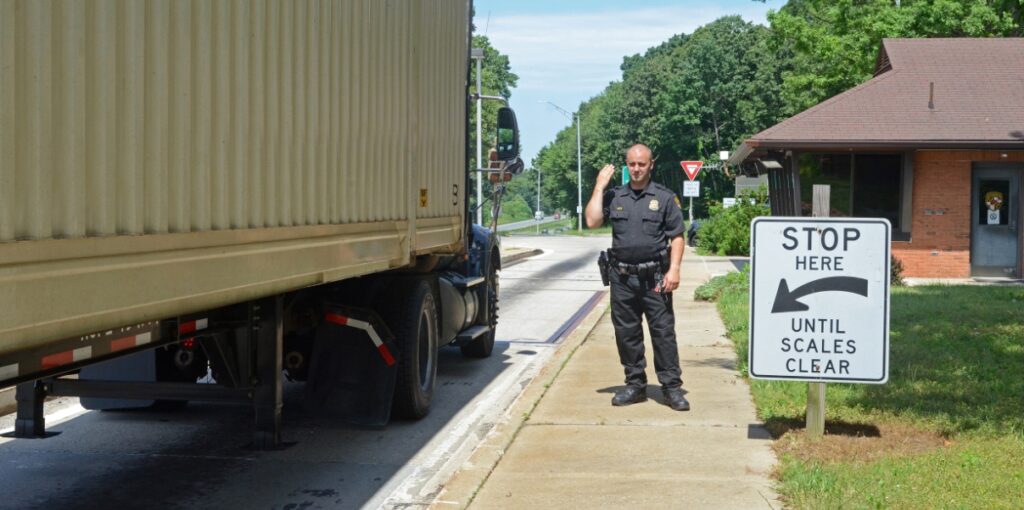One day before California’s Assembly Bill 5 (AB5) was to take effect on Jan. 1, 2020, a U.S. District Court judge in California granted a temporary restraining order that prohibits enforcement of the law for the trucking industry. The restraining order will remain in place until Jan. 13, when the court will consider a motion for a preliminary injunction, which could delay enforcement for a longer period, until a pending lawsuit is resolved.
UPDATE: Jan. 13, 2020: The judge extended his temporary restraining order blocking California from enforcing AB5 on the trucking industry, until he rules on the preliminary injunction.
At issue is how the law would prevent trucking companies from hiring owner-operators as independent contractors. The new law would define those owner-operators as employees of the company.

Contractors must meet ABC test
AB5 states that workers must meet three criteria to be classified as independent contractors, commonly referred to as the “ABC test.”
A. The worker must be free from control and direction of the hiring entity.
B. The work performed must be outside the usual course of the hiring entity’s business.
C. The worker must be engaged in an independently established trade, occupation or business.
That second requirement is virtually impossible for a trucking company to meet because driving trucks is part of a trucking company’s core business.
Does AB5 interfere with interstate commerce?
The restraining order was issued in the lawsuit brought by the California Trucking Association against the attorney general of California, who seeks to enforce AB5. The restraining order states:
The court finds that a temporary restraining order is warranted. At this early stage of the proceedings and within the brief amount of time available, plaintiffs have carried their burden for purposes of emergency relief to show (1) that they are likely to succeed on the merits, (2) likely to suffer irreparable harm in the absence of relief, (3) that the balance of equities tips in their favor, and (4) that their requested relief is in the public interest.
The California Trucking Association’s key argument is that AB5 interferes with the Federal Aviation Administration Authorization Act, which prohibits states from enacting laws that interfere with interstate commerce. The judge appears to agree with that argument:
Plaintiffs have shown that AB-5’s Prong B is likely preempted by the FAAAA because AB-5 effectively mandates that motor carriers treat owner-operators as employees, rather than as the independent contractors that they are.
AB5 is being watched closely by the trucking industry because other states could adopt similar laws once California sets a precedent. In fact, in November a New Jersey state senator introduced a bill, S4202, that would mandate the use of the ABC test in that state.
RELATED:


